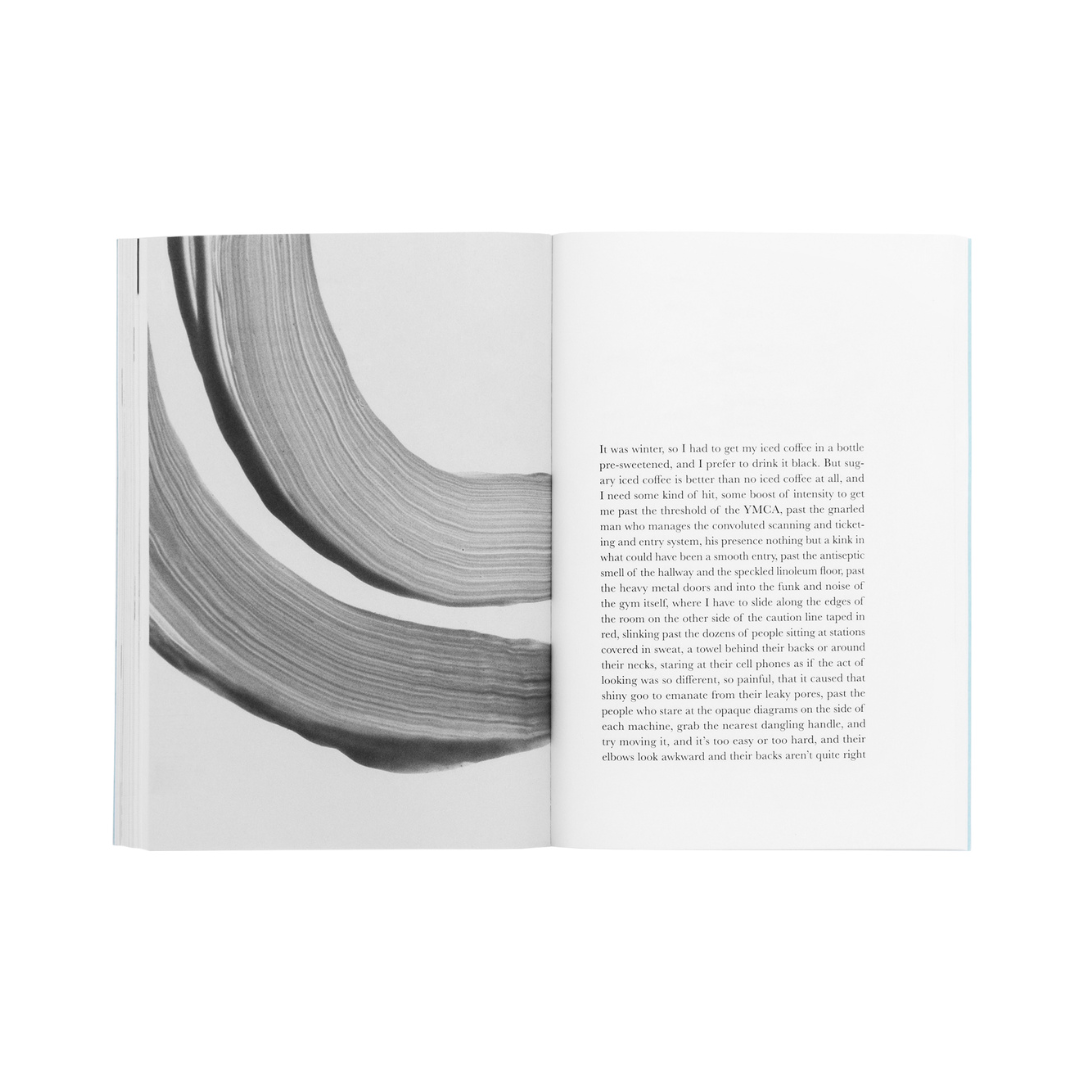no products in the cart
0




€16,00
only 4 left




In her experimental debut novella, A Rock, A River, A Street, artist Steffani Jemison moves deftly across narrative genres and styles as she interrogates the boundedness of the self, the possibilities of plurality, and the limits of performance. Titled after Maya Angelou’s poem “On the Pulse of Morning,” the book is punctuated by gestural drawings that point to questions of repetition and difference.
Where does your body end and the world begin? How do you locate the limit between yourself and others? A Rock, A River, A Street follows a young Black woman who lives at the hazy border between Brooklyn and Queens in the not-so-distant present. As she rides the subway, walks around her neighborhood, visits the doctor, watches movies, attends dance class, and tries to heal her body, she recalls formative experiences from her childhood and absorbs the world around her; in the process, we are brought into her conflicted relationship with language. Acutely conscious of the soft, responsive nature of her physical self, and pushed and pulled by forces she cannot control, the narrator is vulnerable, terrifyingly open. Everything and everyone leaves an impression.
Published by: Primary Information
Details: 154 pgs • 12.7 × 18 cm • Softcover
In her experimental debut novella, A Rock, A River, A Street, artist Steffani Jemison moves deftly across narrative genres and styles as she interrogates the boundedness of the self, the possibilities of plurality, and the limits of performance. Titled after Maya Angelou’s poem “On the Pulse of Morning,” the book is punctuated by gestural drawings that point to questions of repetition and difference.
Where does your body end and the world begin? How do you locate the limit between yourself and others? A Rock, A River, A Street follows a young Black woman who lives at the hazy border between Brooklyn and Queens in the not-so-distant present. As she rides the subway, walks around her neighborhood, visits the doctor, watches movies, attends dance class, and tries to heal her body, she recalls formative experiences from her childhood and absorbs the world around her; in the process, we are brought into her conflicted relationship with language. Acutely conscious of the soft, responsive nature of her physical self, and pushed and pulled by forces she cannot control, the narrator is vulnerable, terrifyingly open. Everything and everyone leaves an impression.
Published by: Primary Information
Details: 154 pgs • 12.7 × 18 cm • Softcover


we write about records, events, and other small discoveries.

